Episode: "Assignment: Earth"
Series:
Star Trek: The Original Series
Season 2, Episode 26
Original Air Date: March 29, 1968
The Enterprise travels to 1968 Earth in order to conduct historical research. They meet another time traveler from their own future, Gary Seven, who has come back to intervene with the launching of orbital nuclear missile launch pads. The episode was a backdoor pilot for a spinoff series.
Wait a minute...
Our heroes can time travel at will now? This is, in fact, the only story in the entire franchise where this happens. As I've explained before, I don't like the way
Trek handles time travel so I was predisposed to dislike this story. But I have to admit the episode is not without its fun and also contains a few unfortunate historical coincidences.
The guest stars, intended to carry on in the proposed new series, are quite good. Gary Seven is played by Robert Lansing, that guy who looks like Steve McQueen but isn't Steve McQueen. His secretary is none other than Teri Garr (who apparently hated every minute of her
Trek experience). Gary Seven also has a black cat, Isis, who looks an awful lot like one of our own feline tenants. The episode incorporates NASA stock footage, a fascinating juxtaposition with the space exploration depicted in the series.
The historical coincidences are not happy ones. Before they go down to Earth, Spock says there was an important assassination on this day. Six days after the episode aired, Martin Luther King, Jr. was killed. There was also a botched NASA launch on the same day, not unlike the one depicted in the story.
*****
Thoughts on Season 2
General Impressions
Star Trek's second season starts off strong, picking up where the first left off. However, as the year wears on, it's easier to see story ideas being recycled more frequently from week to week. While the sophomore effort is weaker overall, there are a few gems: "Mirror, Mirror," "The Trouble with Tribbles" and "Journey to Babel" all rank among
Trek's finest episodes.
Spock gets some nice character development in this second season. We see his home planet and meet his family. His relationship with Dr. McCoy gets a fair amount of attention, too.
Favorite Episode: "Journey to Babel"
It's a tough choice between this one and "Mirror, Mirror." But "Journey to Babel" has more important implications for the franchise as a whole. The original series takes a lot of criticism from Trekkies more devoted to
The Next Generation for its relatively ill-defined principal characters. While this is fair to a point, we learn quite a lot about Spock and his personal demons in "Journey to Babel." His hand on the door after his mother leaves the room - wow! That's easily my favorite moment of the entire series so far.
It is not lost on me that Mark Lenard guest starred in my favorite episodes from each of the first two seasons.
Least Favorite Episode: "The Omega Glory"
While the second season isn't as strong as the first, I had trouble picking a genuine clunker. The featured episode in this post, "Assignment: Earth," was a tempting choice in light of my objection to the premise but I enjoyed it in spite of myself. Teri Garr will do that to you.
I'm going to side with my old TV Production teacher and go with "The Omega Glory." The formulaic plot, the heavy-handed symbolism and the bigger than usual demands on our suspension of disbelief are a losing combination.
Favorite Guest Star: Jane Wyatt
Jane Wyatt had a rock-solid TV resume by the time she appeared on
Trek, having already won three Emmys for her role in
Father Knows Best. In "Journey to Babel," she is Amanda, mother of Spock. She and Mark Lenard, who played Spock's father, had wonderful on-screen chemistry. The two invented the Vulcan sign of affection on their own: the touching of two fingers.
Onward?
I can't give up now! It's hard to believe given its long-term legacy, but
Trek struggled mightily in the weekly ratings during its initial run. Only the appeals of devoted fans kept the show from being cancelled after the second season.
1968 was a year of great consequence in American history. Two days after "Assignment: Earth" aired, President Lyndon Johnson announced that he wouldn't be seeking re-election (bowing to the inevitable - he was not likely even to win his party's nomination). Then King was killed on April 4th, sparking riots in cities across the country. Over the summer, Bobby Kennedy would also be assassinated. Meanwhile, the Vietnam War raged on and the tensions between the counter-culture and the establishment were building. All came to a bitter, violent and nationally-televised climax at the Democratic National Convention in Chicago with police beating protesters in the streets. The United States was a different place when
Trek came back in September.
Set a course, Mr. Sulu...
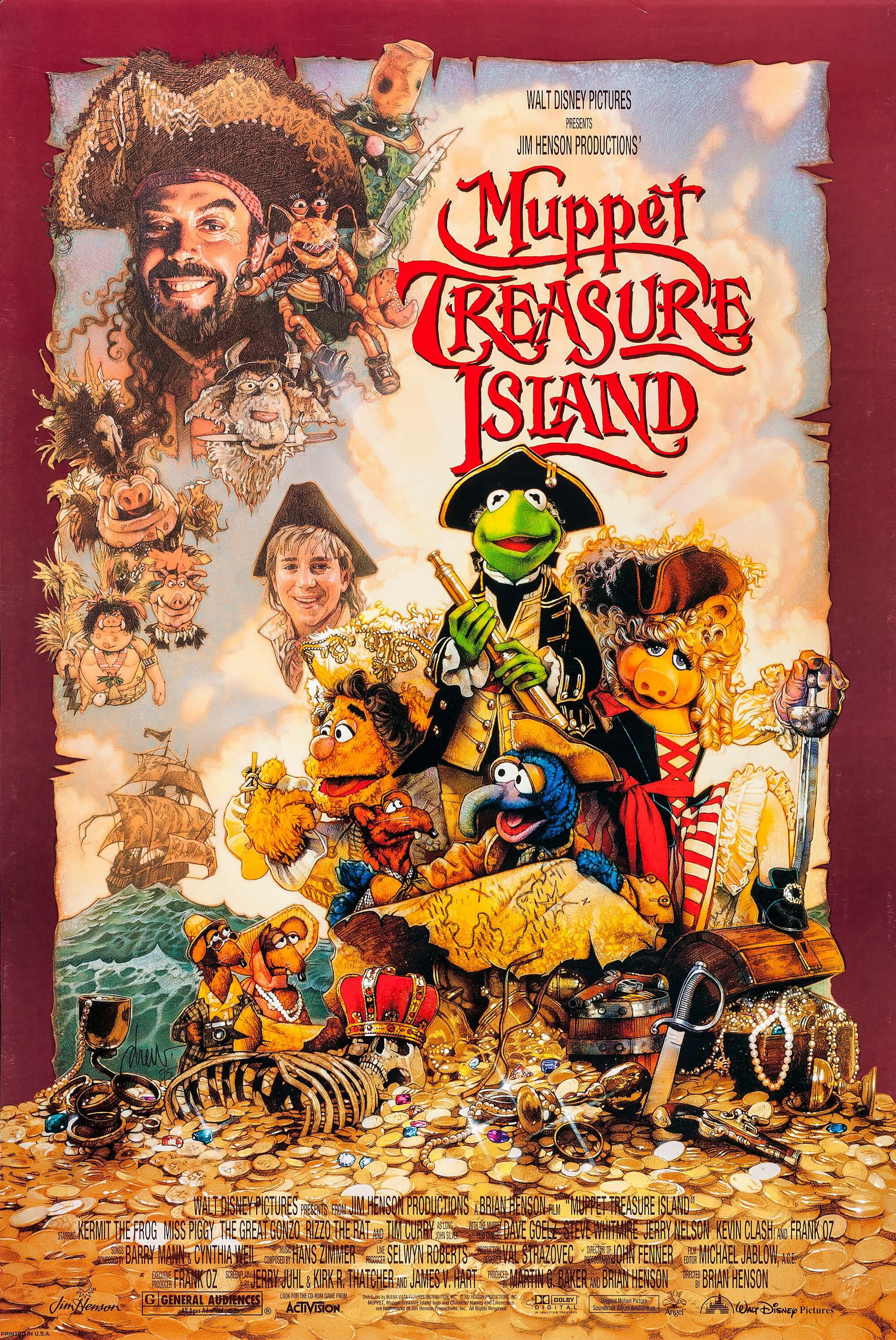



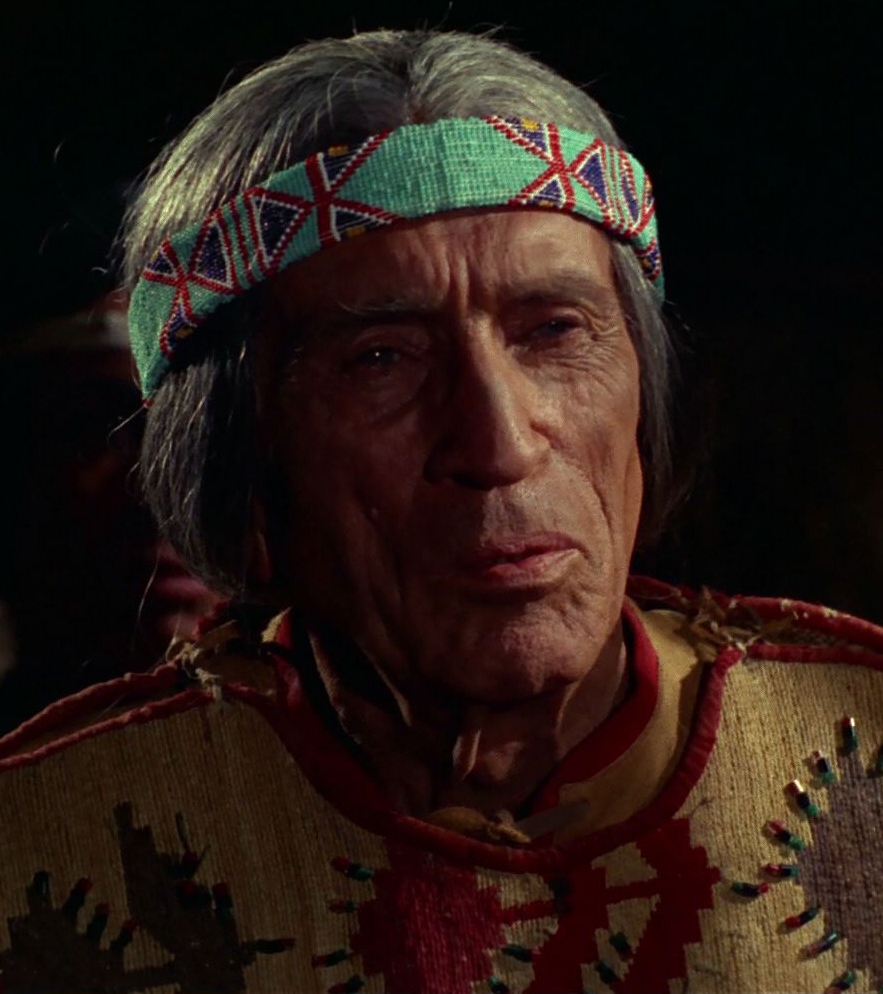
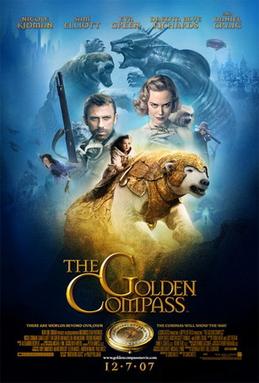
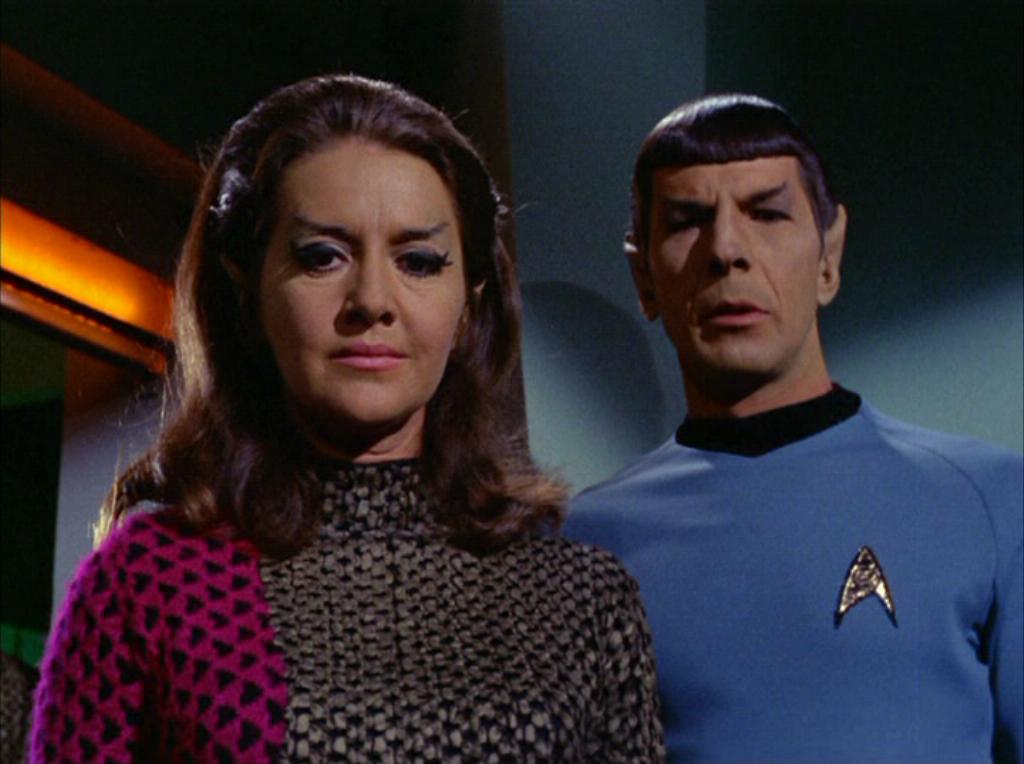
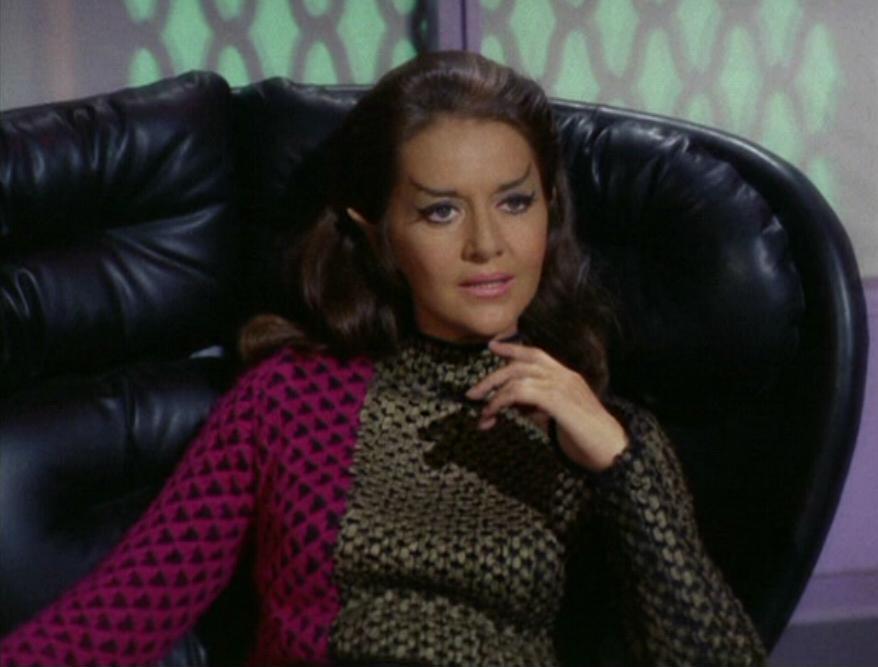
_film_poster.jpg)

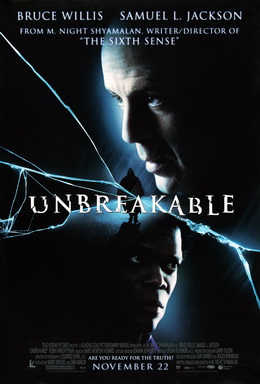

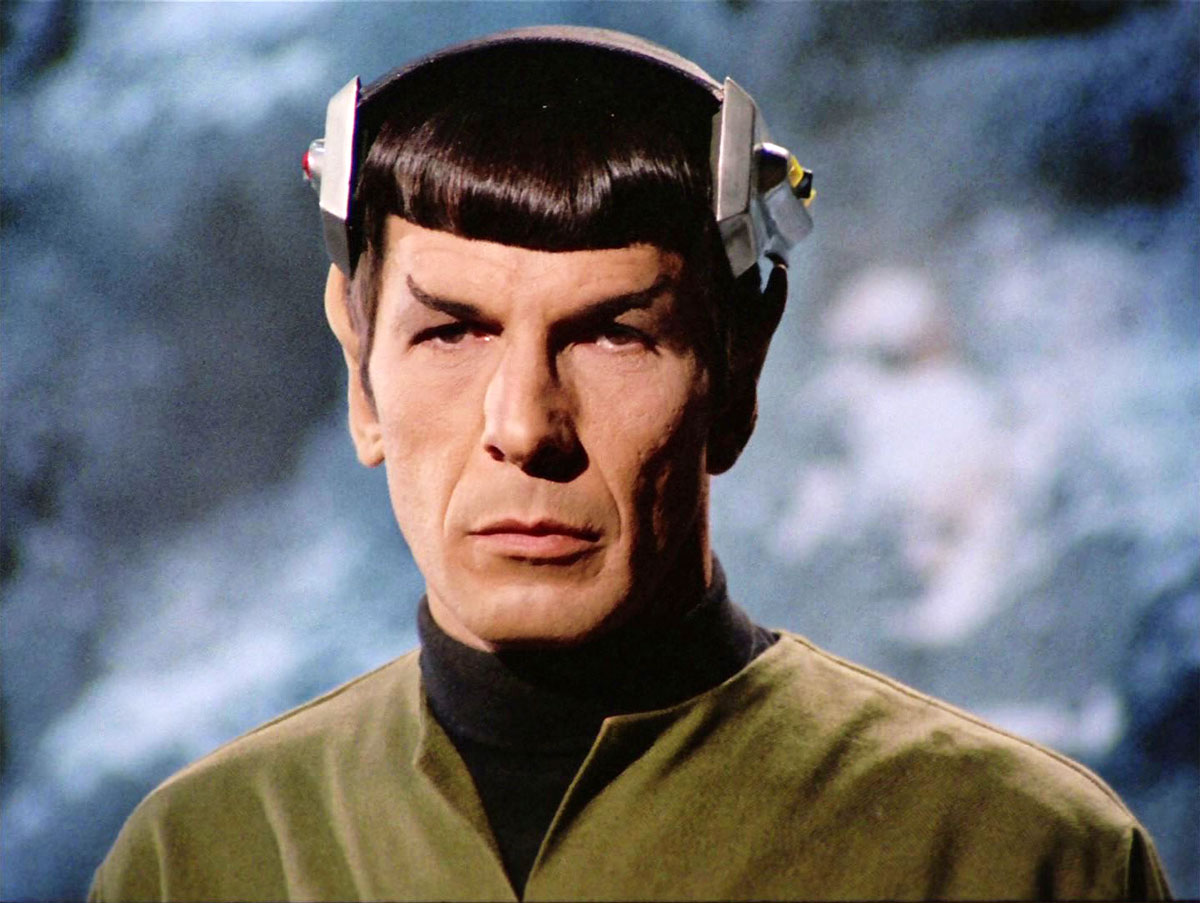
.jpg)

